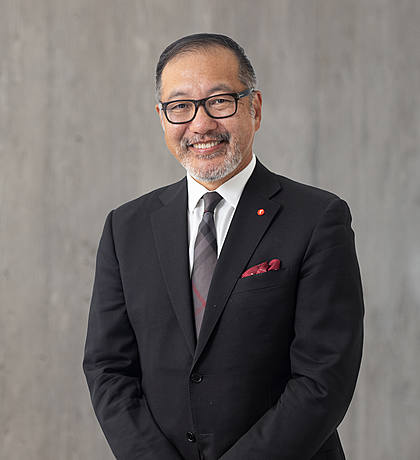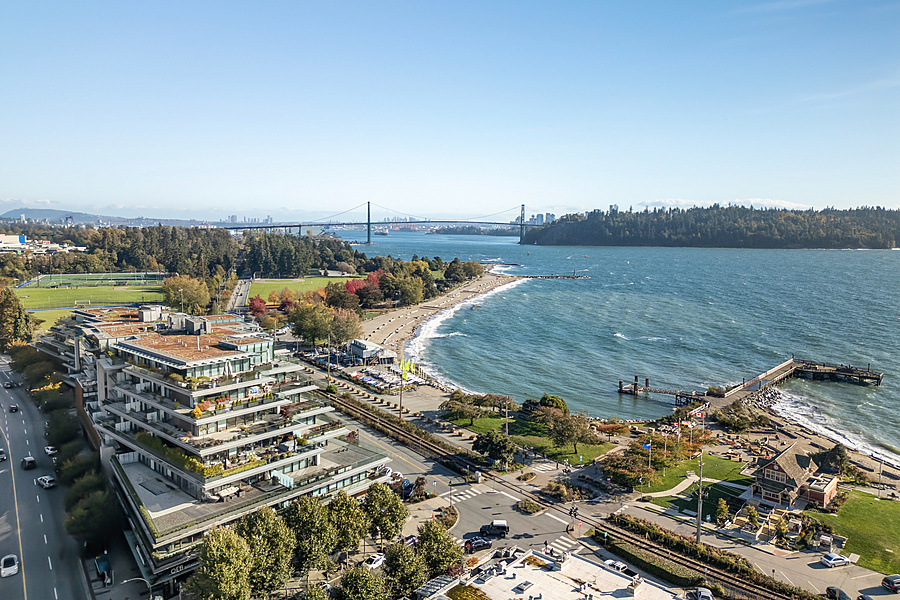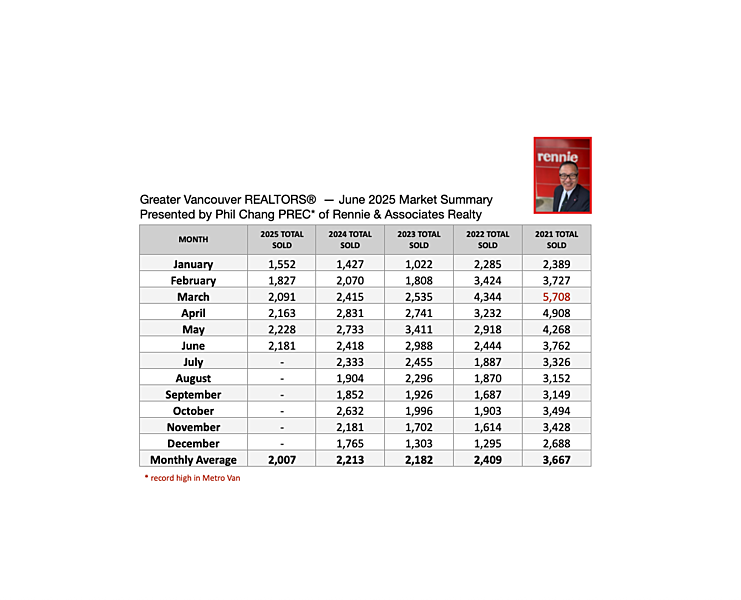Vancouver’s housing market needs to ‘grow up’
Densification is pretty much inevitable to keep up with growth the Vancouver’s real estate market.
Photograph by: DARRYL DYCK, THE CANADIAN PRESS
Property in Vancouver has become a top “global asset class,” vastly outperforming stock markets, crude oil and other commodities.
As a result, Vancouver residents should not expect pressure to ease, either on real estate affordability or urban densification, as housing increasingly is recognized as a smart investment. And as Metro Vancouver becomes a magnet for people from China and India.
That message was delivered last week at an Urban Development Institute gathering held to spotlight future trends in the local property market.
A record crowd of 1,200 real estate insiders were on hand to listen to predictions that were mostly brimming with positivity.
“Everyone is at the real estate trough globally,” remarked John Horton, president of Shape Properties. “People want ‘safe and predictable’.”
Vancouver fits that bill, as a secure investment that these days is neither as volatile nor oversupplied as other commodities.
Between 2005 and 2015, Metro Vancouver’s median house price increased second only to gold as an investment, reported Horton.
That notion of housing as an investment is controversial in some quarters; Vancouver’s municipal government strongly promotes housing as a place to raise a family rather than a speculative commodity.
Of course, Horton also noted the utility of housing investments: “You can’t live in your RRSP, eat gold or drink oil.”
Horton, together with Jon Stovell, president of Reliance Properties, and Peeter Wesik of Wesgroup Properties, extolled the Vancouver region as having a particularly strong and positive brand, in contrast, said Wesik, to “Poor Saskatchewan.”
The developers predicted that global urbanization and conditions in China and India will mean Metro Vancouver soon could be receiving as many as 61,000 immigrants annually.
Last year, the region received 40,400 such newcomers.
In addition, in 2015, 10,000 people from other provinces moved to B.C. If Alberta’s economy does not pick up, that could grow to 50,000.
They are coming to a region where residential land and housing is in limited supply. The area also suffers from a serious shortage of industrial land.
“Land supply constraints and high demand equals high prices,” said Wesik.
He predicted that multi-family housing close to Vancouver, and near transit, will see both demand and price appreciation in 2016, as will townhouses “or other ground-oriented alternatives to single-family housing”.
Stovell believes that to address the housing rush, “our region needs to grow up.
“Let’s finally let go of our bucolic fishing-village past, and embrace the reality of the city we have become in the eyes of the world.”
He wants municipal growth targets for housing mandated, integrated with a regional transportation plan that features a Broadway rapid transit line.
“Bring back pre-zoning; entire areas of the city need to be immediately up-zoned to create abundant land supply and housing choice options.”
Of course, what he is referring to is a wholesale upping of density allowances — something many Vancouverites oppose on grounds of maintaining the livability of their surroundings.
Stovell complains about “decades of calcified and contradictory regulations (which) contribute to the suppression of housing innovation and affordability.”
He cites, for example, the City of Vancouver’s rejection of microlofts under 398 square feet — a housing type that would address affordability needs of millennials trying to crack the housing market.
“We must find ways to increase housing choices, diversity and livability with ever less land and resources.”
Really, that can only mean one thing — increasing the existing residential density in a region with a finite land base. Growing up rather than out.
Stovell asserts that his industry’s reputation with government and the community needs improvement, “more trust must be developed between these groups,” if the housing challenge is to be met.
Challenges notwithstanding, it was impossible not to feel the optimism and excitement in the room about a local industry that is going gangbusters. And to imagine how those feelings might contrast with the prevailing mood of another industry in another province, involving crude oil.



